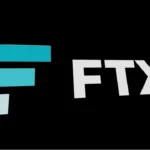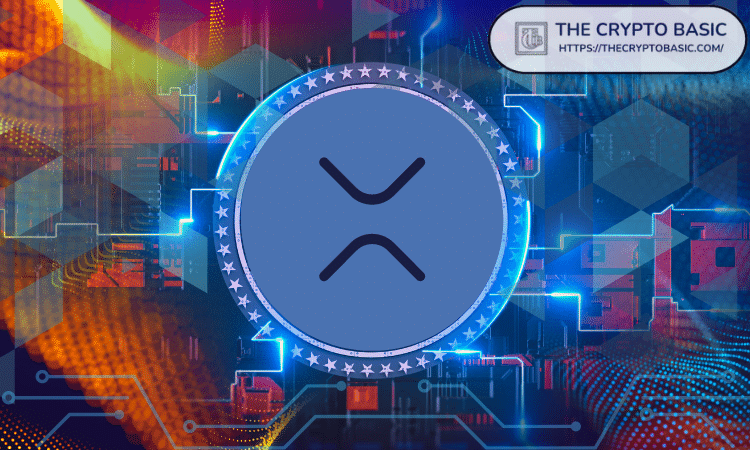Ripple CTO David Schwartz has disclosed his preference for using XRP on the XRP Ledger (XRPL) rather than Ripple stablecoin (RLUSD) for payment processes.
Schwartz revealed this view in a recent post on X while responding to community inquiries concerning Ripple’s business pivots. Crypto enthusiast Green Sam sparked the conversation. He lamented Ripple’s direction, particularly its latest shift towards smart contracts, pivot to Ethereum, and pre-IPO stock buyback.
Sam questioned the rationale behind these moves, including Ripple’s decision to support RLUSD on the Ethereum chain. He raised doubts about the effectiveness of liquidity-building efforts on XRPL.
He also questioned the implications of a $1.4 billion buyback before Ripple’s anticipated IPO, suggesting that it might be an attempt to consolidate control or mitigate risks before going public.
Ripple CTO Reacts, “I Prefer Using XRP on XRPL”
Responding to these concerns, David Schwartz clarified that the only connection to Ethereum is the support for RLUSD on its chain.
Meanwhile, Jungle, an XRP community figure, sought further clarification from Schwartz. He asked whether it was likely that at least half of Ripple’s RLUSD payments would be processed on XRPL. Jungle’s question hinted at concerns about the future role of XRPL in Ripple’s broader payment flow.
In response, Schwartz highlighted that he would prefer to see Ripple use XRP on XRPL rather than rely on RLUSD. He noted that most community members would likely agree that using XRPL for transactions is more desirable.
Schwartz also stressed the benefits of using XRPL, such as saving costs associated with centralized exchanges.
I’d prefer to see us using XRP on XRPL rather than RLUSD. But I think we’d all prefer anything on XRPL over anything else. Saving the cost of the centralized exchange is big.
— David “JoelKatz” Schwartz (@JoelKatz) September 4, 2024
However, Schwartz’s responses did not fully address the concerns of some community members. Franco Cappello, for instance, proposed an alternative approach, asking, “Why not just embrace RLUSD for payments and use XRP as a gas token?”
Cappello argued that with the introduction of smart contracts, Ripple could develop an overcollateralized stablecoin similar to DAI, which would eliminate counterparty risk and volatility while still leveraging XRP’s strengths.
Other Concerns Over Ripple’s Smart Contracts Pivot
In parallel, another commenter expressed deep concern over introducing smart contracts on XRPL, describing it as a “red herring.” The commenter highlighted that the previous inability to implement smart contracts was attributed to concerns about slowing down payments, but this issue is now irrelevant with RLUSD on Ethereum.
He worried that this shift could undermine XRP’s value and betray those who supported Ripple during its legal challenges. He suggests that Ripple might be prioritizing its interests over those of the XRP community.
Notably, in a separate trend, Ripple’s CTO has clarified the essence of the strategic move to bring smart contracts to XRPL.
Disclaimer: This content is informational and should not be considered financial advice. The views expressed in this article may include the author’s personal opinions and do not reflect The Crypto Basic’s opinion. Readers are encouraged to do thorough research before making any investment decisions. The Crypto Basic is not responsible for any financial losses.








